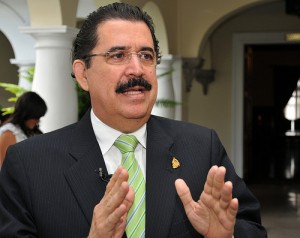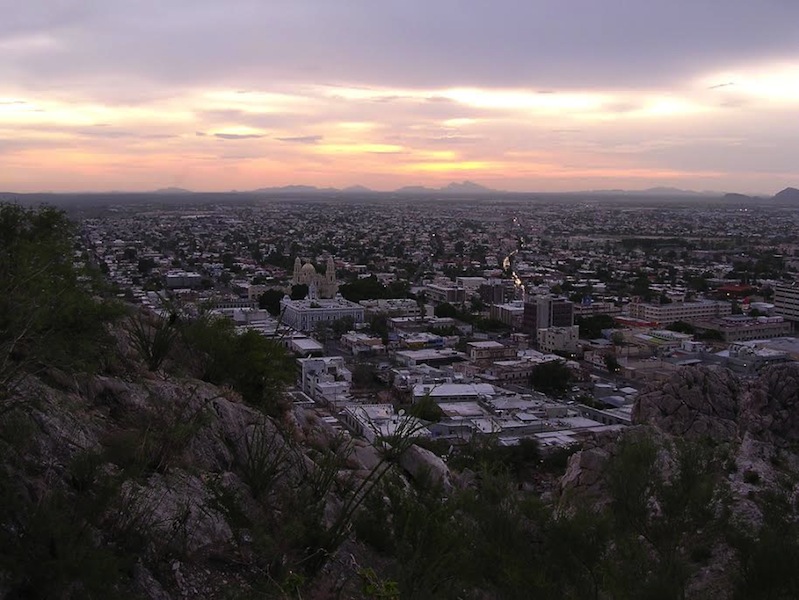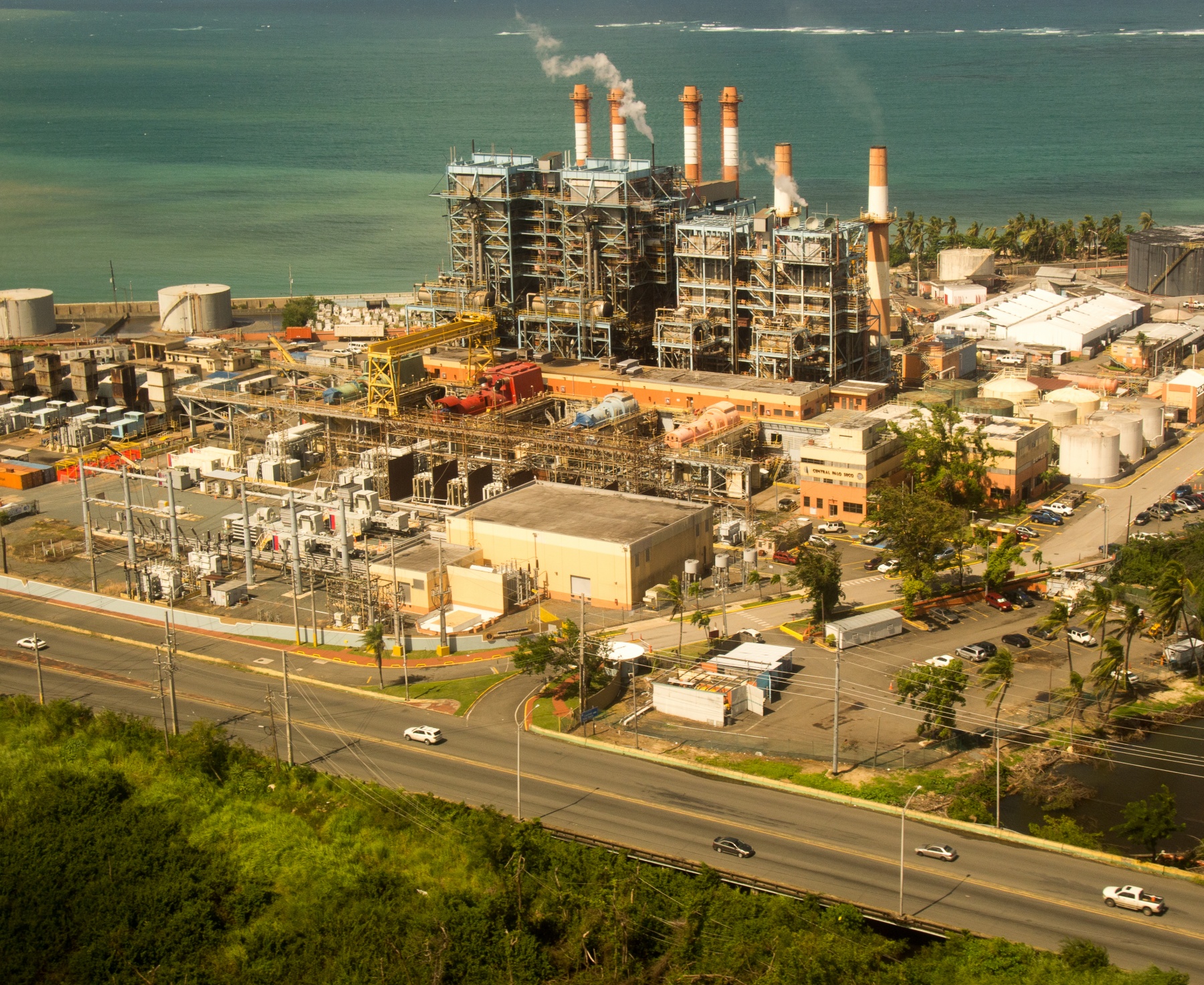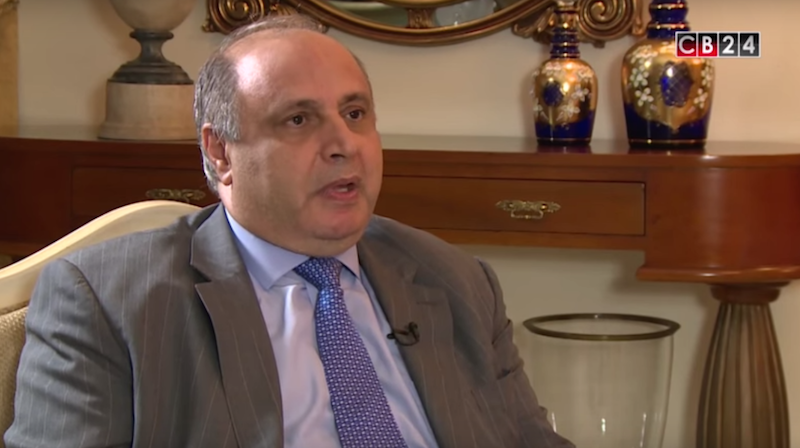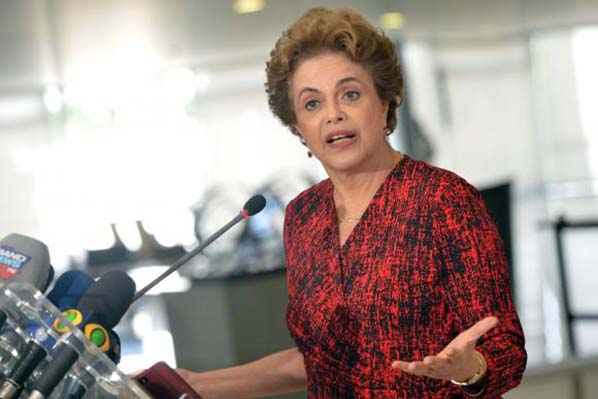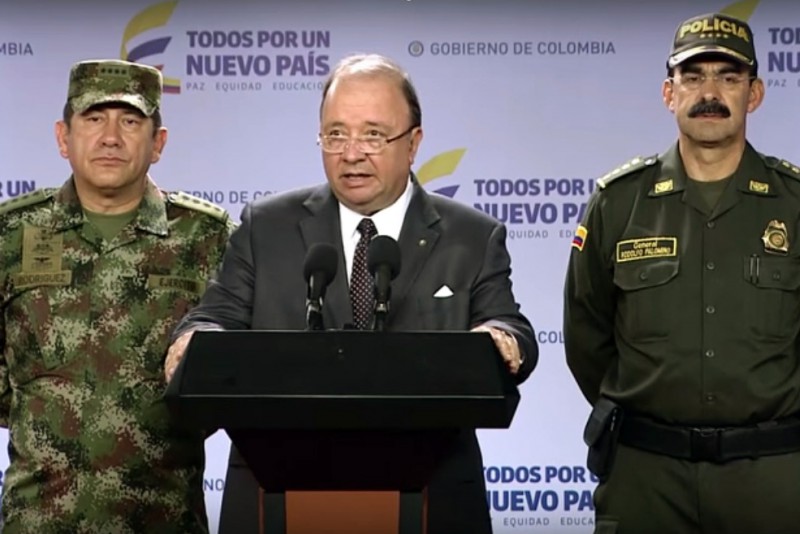
Andes, Colombia, Latin America: Week in Review
Colombia to Deploy Air Power Against Criminal Gangs
May 9, 2016 By Staff
Top Story — Colombia’s government will deploy military aircraft to fight the three major drug trafficking and illegal mining gangs in the country, the BBC reported.
The announcement, made by Defense Minister Luis Carlos Villegas on Friday, signals a renewed focus by the Colombian government to fight the powerful criminal gangs that emerged from right-wing paramilitary groups as the country inches closer to a peace deal with the leftist guerrillas of the Revolutionary Armed Forces of Colombia, or FARC.
Air raids against the FARC are currently suspended as part of prolonged peace negotiations in Havana with the group. The defense minister’s announcement on Friday indicates that forces which would have otherwise been used against the FARC will be redirected to combat three major criminal organizations: the Clan Usuga (formerly known as the Urabeños), Los Pelusos and Los Puntilleros.
Villegas, the defense minister, said that the government’s plan “will allow the application of the entire force of the state, without exception, against organized armed groups,” the BBC reported.
The United States will cooperate with the Colombian government’s fight against the criminal gangs by providing intelligence support, President Juan Manuel Santos said on Wednesday. He added that his administration will increase the military resources used against them once a peace deal is signed with the FARC.
All told, some 3,000 people make up the Clan Usuga, Los Pelusos and Los Puntilleros groups. They formed following a 2006 peace deal with paramilitary groups made during former President Álvaro Uribe’s administration.
Headlines from the Western Hemisphere
North America
- A lawyer representing Sinaloa cartel leader Joaquín “El Chapo” Guzmán confirmed that his client has been transferred from a prison outside Mexico City to a smaller facility located on the outskirts of Ciudad Juárez, miles away from the Texas border. Experts have raised security concerns over the move, noting that the new prison is considered less secure and that it is located within a Sinaloa cartel stronghold.
Caribbean
- Nearly 2,500 people have been evacuated from their homes due to heavy rain and flooding in the Dominican Republic, while relief agencies have cautioned additional residents to be wary of potential mudslides and increased flooding as more rain is expected.
- Major League Baseball has canceled a two-game series in Puerto Rico between the Pittsburgh Pirates and Miami Marlins due to concerns over the Zika virus.
Central America
- A Salvadoran court has agreed to consider civil charges against former President Mauricio Funes and his family following the discovery of $728,000 in unaccounted income and expenditures.
- Prosecutors in El Salvador arrested 5 police officers and 16 civilians for their role in deaths of 11 gang members killed since 2015.
- Panama has agreed to fly 3,800 Cuban migrants who have been stranded in the country for months to a town in northern Mexico to facilitate the migrants’ attempts to take advantage of favorable United States immigration laws that they fear will end as relations between the countries thaw.
Andes
- Peruvian presidential candidate Keiko Fujimori, the daughter of imprisoned former dictator Alberto, holds a small lead over her opponent Pedro Pablo Kuczynski as a June 5 run-off election looms, according to the latest Ipsos poll.
- Bolivian President Evo Morales has accused neighboring Chile of establishing a military base on the two countries’ border, which Morales has called “an aggression to the life, homeland and to Bolivia,” Reuters reports.
Southern Cone
- Fishermen on Chile’s Chiloe Island have barricaded the island, protesting for greater compensation from the government after a toxic algae bloom devastated fish populations along the country’s southern coast. Chile is one of the world’s leading fish exporters, and the industry supplies essential jobs to many along the coast.
- On Saturday, the Brazilian newspaper O Globo published federal testimony from the wife of President Dilma Rousseff’s campaign chief João Santana, who claimed that the largest beef producer in the world — Brazilian company JBS SA — made illegal payments to Rousseff’s 2014 re-election campaign. JBS has denied the report.
- The New York Times’ Simon Romero profiled rising Brazilian politician Jair Bolsonaro, a right-wing congressman with a history of inflammatory remarks, including his praise — while voting for Rousseff’s impeachment — of a military officer who presided over the torture of dissidents during Brazil’s dictatorship. Rousseff herself was tortured during the dictatorship, which lasted from 1964 to 1985.
